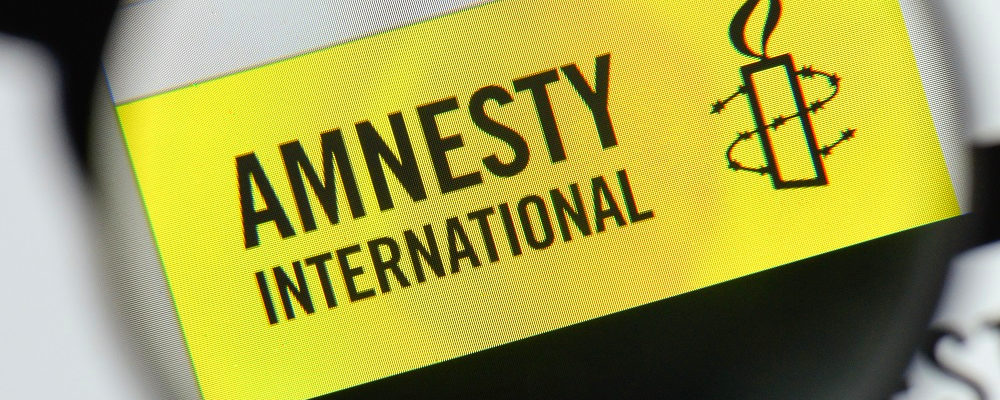Controversy has engulfed Amnesty International, with its entire, seven-person leadership team offering to resign in the wake of a report that lifted the lid on a “toxic” workplace culture at the organisation. [1]
Published earlier this month, the report was compiled from interviews with 475 staff at the NGO’s London-based secretariat, in response to recent employee suicides.
In a damning verdict on Amnesty’s internal environment, the report – produced for Amnesty by wellbeing consultants KonTerra Group – explained: “Amnesty International had a reputation for doing great work but being a hard place to work. Across many interviews the word ‘toxic’ was used to describe the Amnesty work culture as far back as the 1990s. So were the phrases ‘adversarial’, ‘lack of trust’ and ‘bullying’.”
As well as highlighting a “martyrdom culture” that had become a “recipe for overload and burnout”, the report detected a pattern of discriminatory behaviour, noting: “Given Amnesty’s status and mission – to protect and promote human rights – the number of accounts the assessment team received of ‘bullying’, ‘racism’, and ‘sexism’ is disconcerting.”
It added: “There were multiple reports of managers belittling staff in meetings, deliberately excluding certain staff from reporting, or making demeaning, menacing comments like ‘you’re shit!’ or ‘you should quit! If you stay in this position, your life will be a misery’.”
In a 21 February letter to the secretariat, the leadership team said: “We are truly sorry that a majority of colleagues feel undervalued and unsupported, and we are willing to do whatever is possible to change this … As we have said on previous occasions [since the report came out], and with all humility, mistakes were made. In hindsight, we could have done many things differently. And while it was never our intention to inflict pain on anyone, we must accept that this did unfortunately occur.”
It added: “Many of us have been Amnesty members since our youth, and, from our different individual perspectives, all of us see ourselves as activists and upholders of human rights.”
Ironically, on the same day the letter emerged, Amnesty issued a report warning that NGOs around the world are being “bullied into silence”. [2]
In a field where reputation is key, but the pressure is vast, what should other NGOs learn from Amnesty’s predicament – particularly in the field of leadership development?
The Institute of Leadership & Management head of research, policy and standards Kate Cooper says: “This is a powerful example of how organisations must revisit their driving values, then decide – or reaffirm – what those values are and ensure that they are understood at every level of the workforce. It is also crucial to examine what your values mean in practice. If you are doing great work externally, but have failed to live up to that internally, then something, somewhere, has gone badly wrong.”
She notes: “In any arena, organisations have an ongoing imperative to check that they are living their values. Whatever purpose or ethos drives your operations must be expressed in a far more tangible way than simply words stencilled on the windows. Organisations must ask themselves questions such as: What form does our ‘values audit’ take? How do we know that we’re delivering our offerings in accordance with our stated beliefs?
“Engagement scores would go some way towards answering those points. But for groups such as Amnesty, which arose from a bedrock of principles, it is particularly vital to measure from every conceivable angle what their values mean at home to their staff.”
Cooper points out: “This is why we at The Institute have set authenticity as one of our primary Dimensions of Leadership. We are not just acknowledging how important it is for individuals to be trustworthy, and to have integrity. We are also honouring people’s ability to have conversations; to challenge behaviours they deem inappropriate.”
She adds: “Amnesty’s troubles are also a potent reminder that leadership and management have to be learned and developed. Just because you have high ideals or a sense of purpose doesn’t mean that you are good at managing people or processes – or that you are able to bring out the best in people. Perhaps in organisations such as Amnesty, where there is such a clear sense of a higher purpose, senior figures overlook the importance of the relationships that exist between people. So, paying attention to the leadership and management framework that holds up the organisation is absolutely key.”
For further insights on the themes raised in this blog, check out The Institute’s resources on integrity
Image of Amnesty International logo courtesy of Casimiro PT, via Shutterstock

